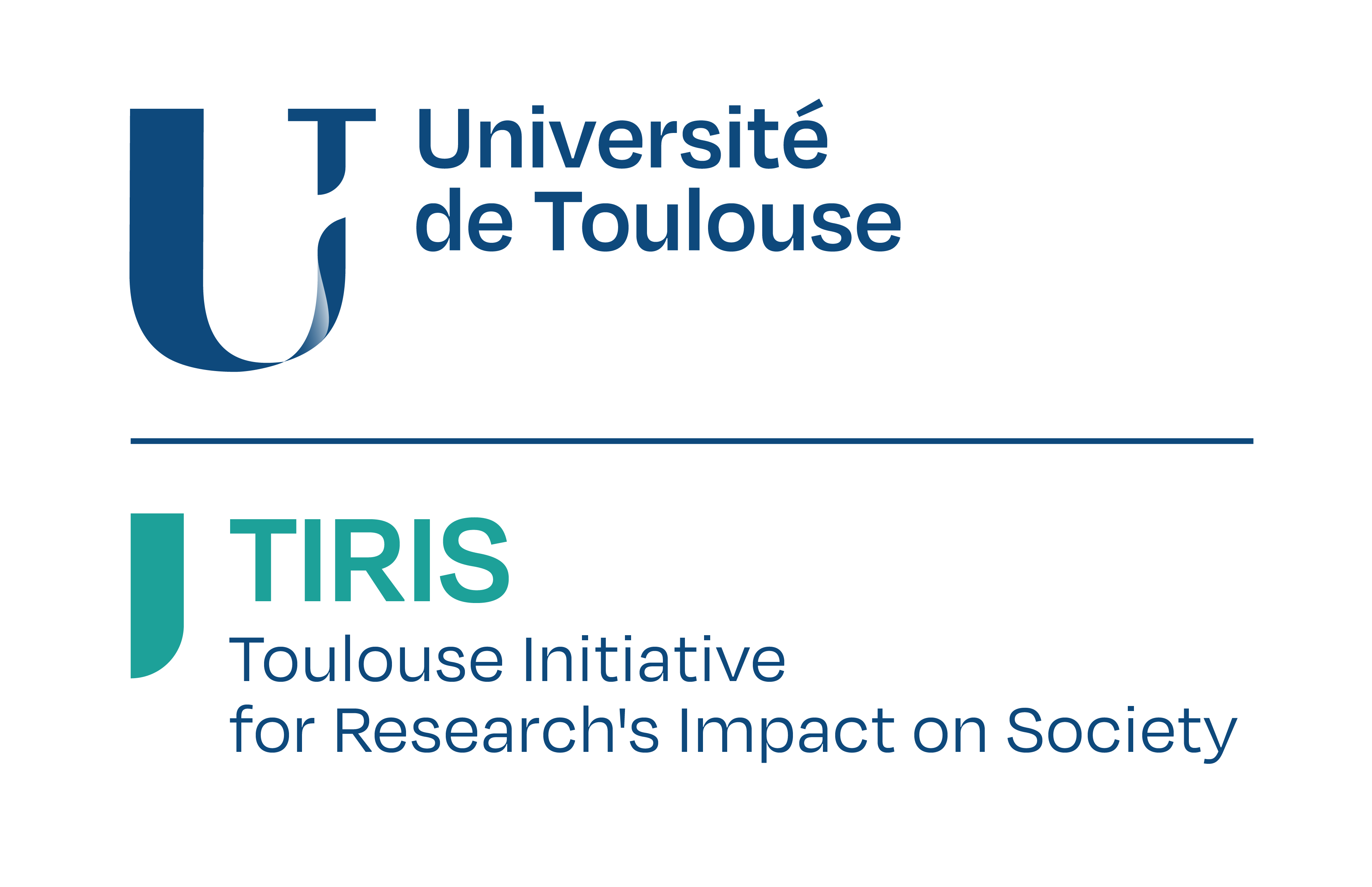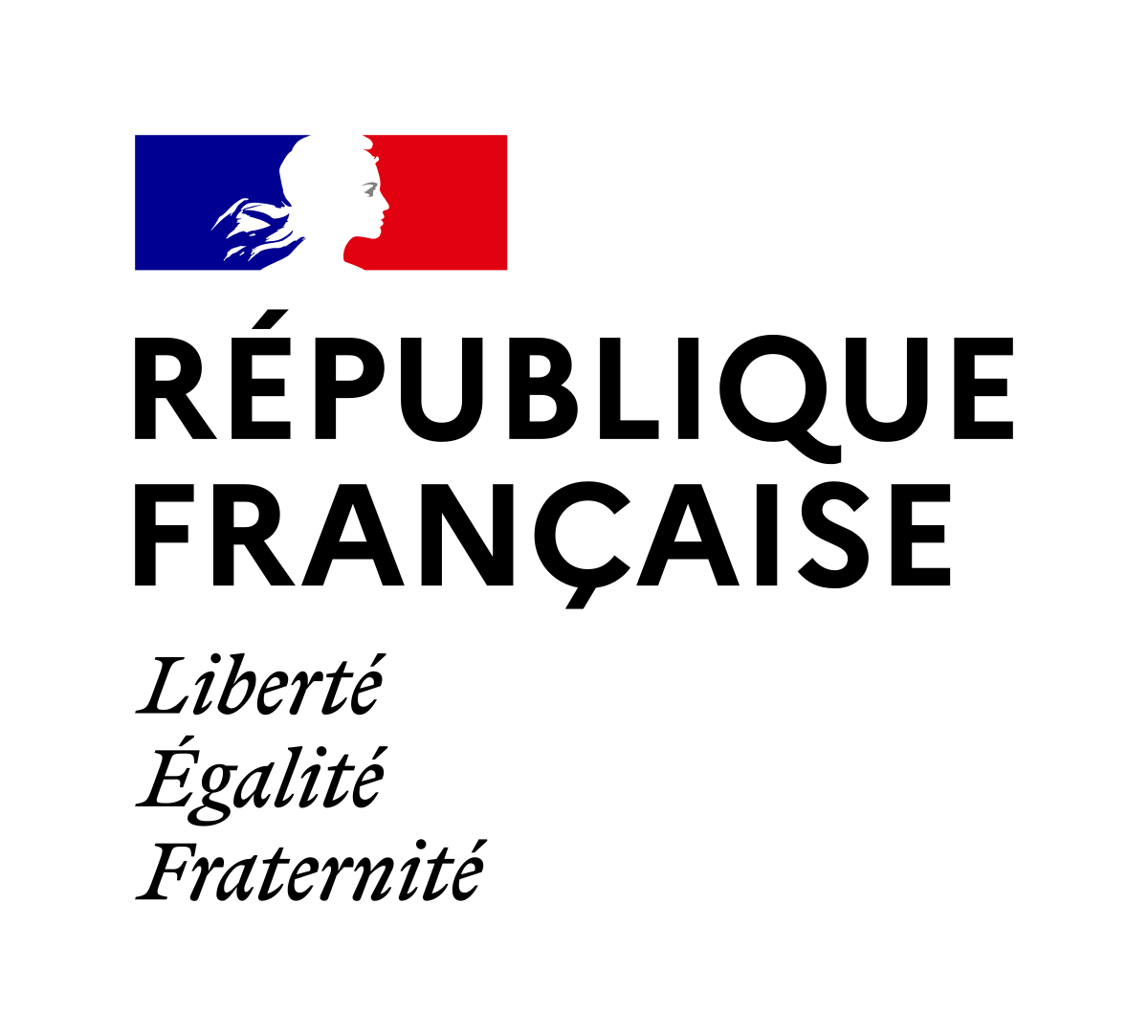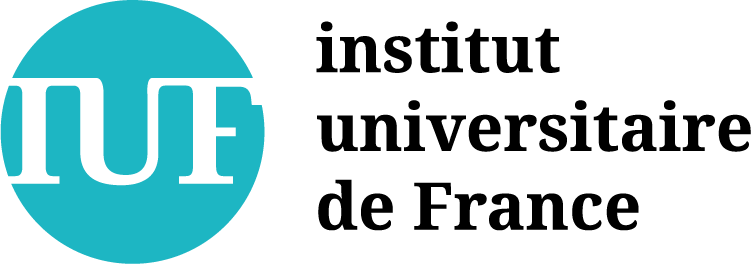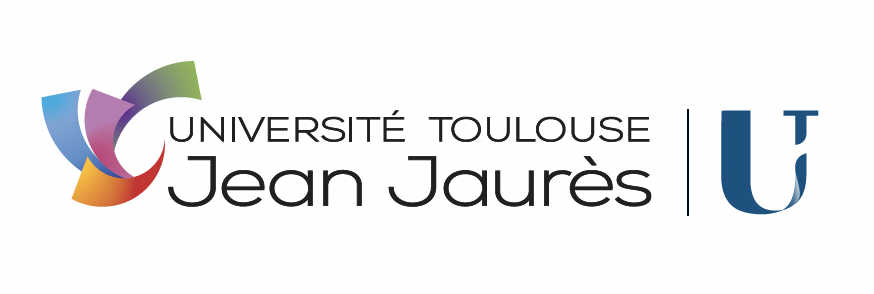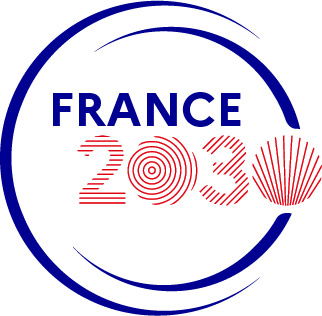Where do we land?
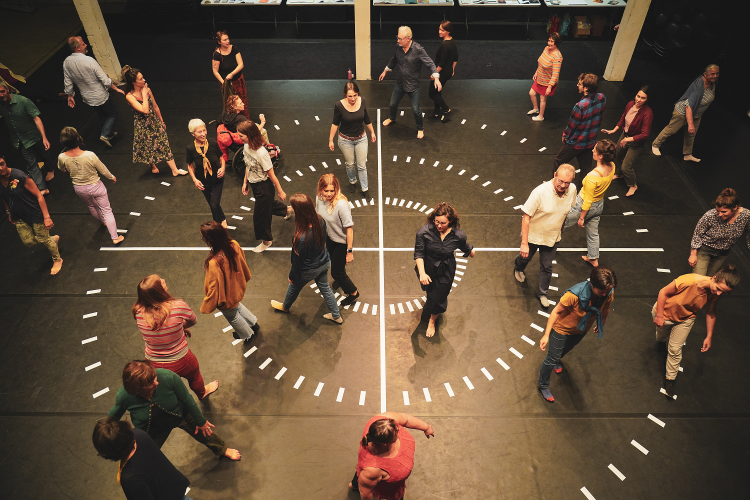
An artistic, scientific and political experiment to revitalize our democratic practices and co-construct public action in favor of territorial livability.
This project, based on the work of philosopher Bruno Latour, encourages citizens to become active players and create new tools for reflection and dialogue, in order to better inhabit the planet and its territories today and tomorrow. The experiment takes the form of participatory workshops and individual interviews to accompany the investigation process.
Photo © Collectif Rivage
Objectives
In his book Où atterrir ? Comment s’orienter en politique (Where do we land? How to navigate politics) published in 2017, philosopher Bruno Latour connects ecological, social and democratic crises and takes a fresh look at the territorial transformations needed to maintain the livability of our environments.
In response to the Gilets Jaunes crisis, the book “Où atterrir?” is being turned into an artistic, scientific and political experiment in an attempt to put an end to the increasingly deaf and dumb dialogue between citizens and administrations. The challenge is both to equip residents to make their concerns audible, and to strengthen institutions so that they are once again able to grasp the descriptions of the world and the initiatives of civil society.
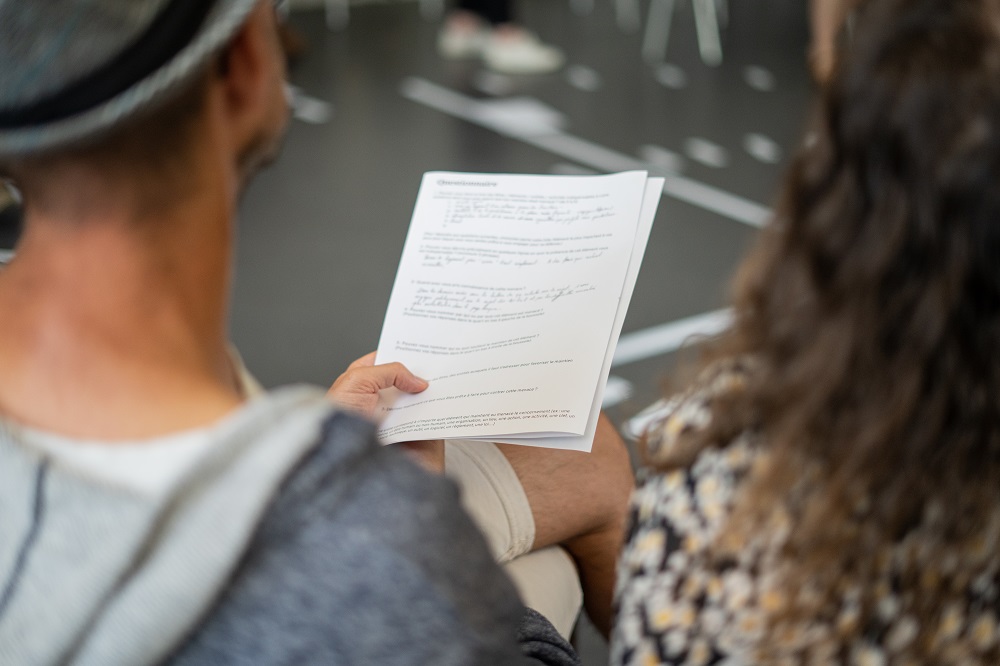
The “Where do we land ?” experiment is based on the composition of groups of investigators comprising residents, agents and elected representatives, with the following objectives:
- renew the definition of territory according to attachments, i.e. everything that enables us to subsist and maintain our existence, also known as the “terrain of life”.
- increase the power of action of residents, agents and elected representatives to collectively build tangible solutions to vital day-to-day problems and maintain the region’s habitability.
- revitalize democratic practices and transform public action, so that we can once again build a common world.
Transdisciplinarity
The “Where to land?” experiment is based on its transdisciplinary dimension, linking the performing arts to scientific methods and cartography, in response to the lack of sensitive equipment needed to activate a process of transformation and to act effectively in the face of the multiple crises linked to the New Climate Regime.
Sometimes paralyzed by denial, despair or renunciation, we are aware of the havoc wreaked by ecological and social disasters, but we remain dumbfounded by the scale of the challenges.
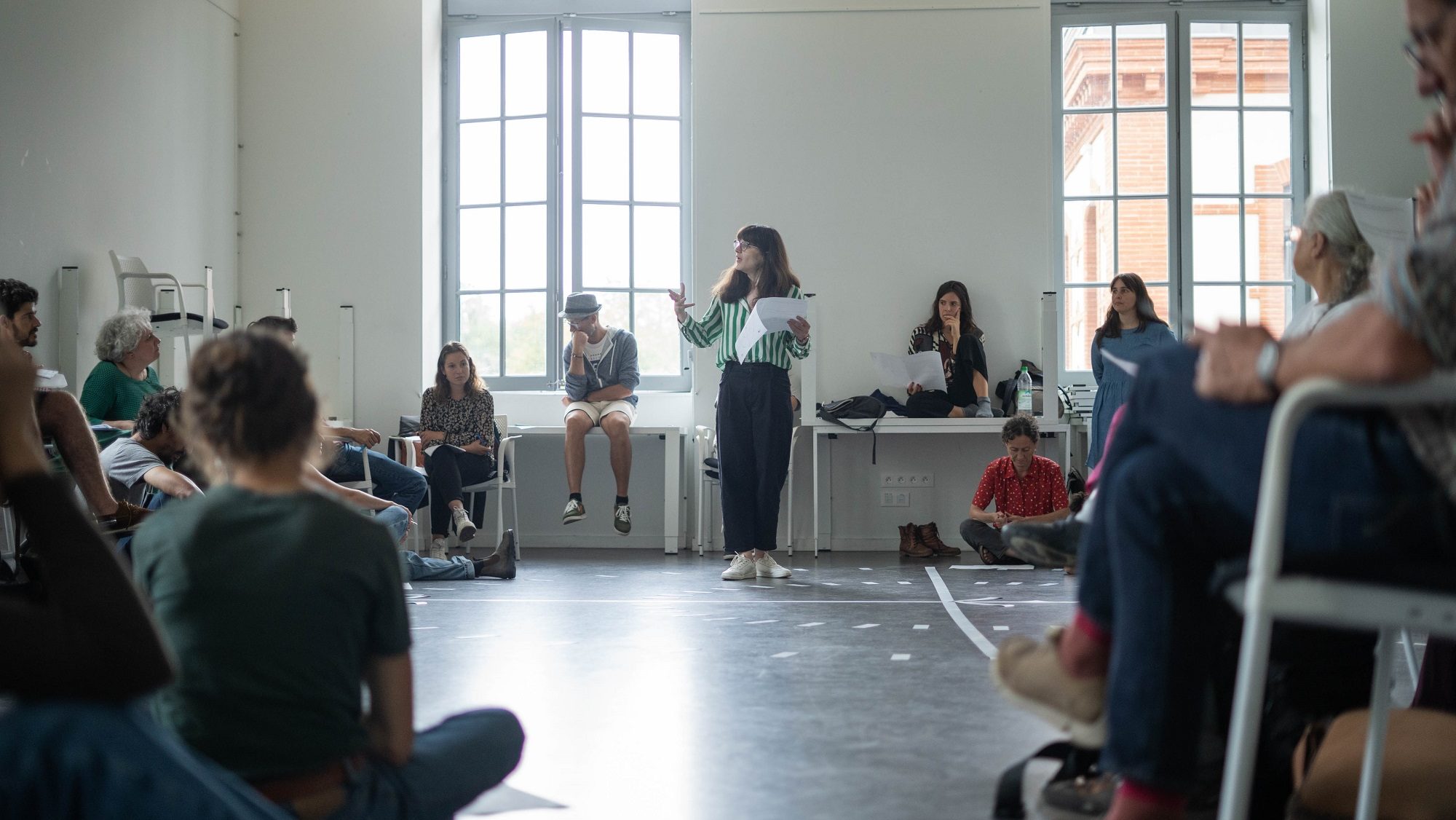
The originality of the “Where to land?” approach is to combine:
- The sociology of the network actor to conduct field surveys
- Artistic practices to express attachments
- Mapping to redefine the territory according to dependencies
This hybridization helps to prepare residents, agents and elected representatives to escape from their state of paralysis, and to cultivate the art of relationships and inquiry, in order to renew their repertoire of actions in the face of new local concerns.
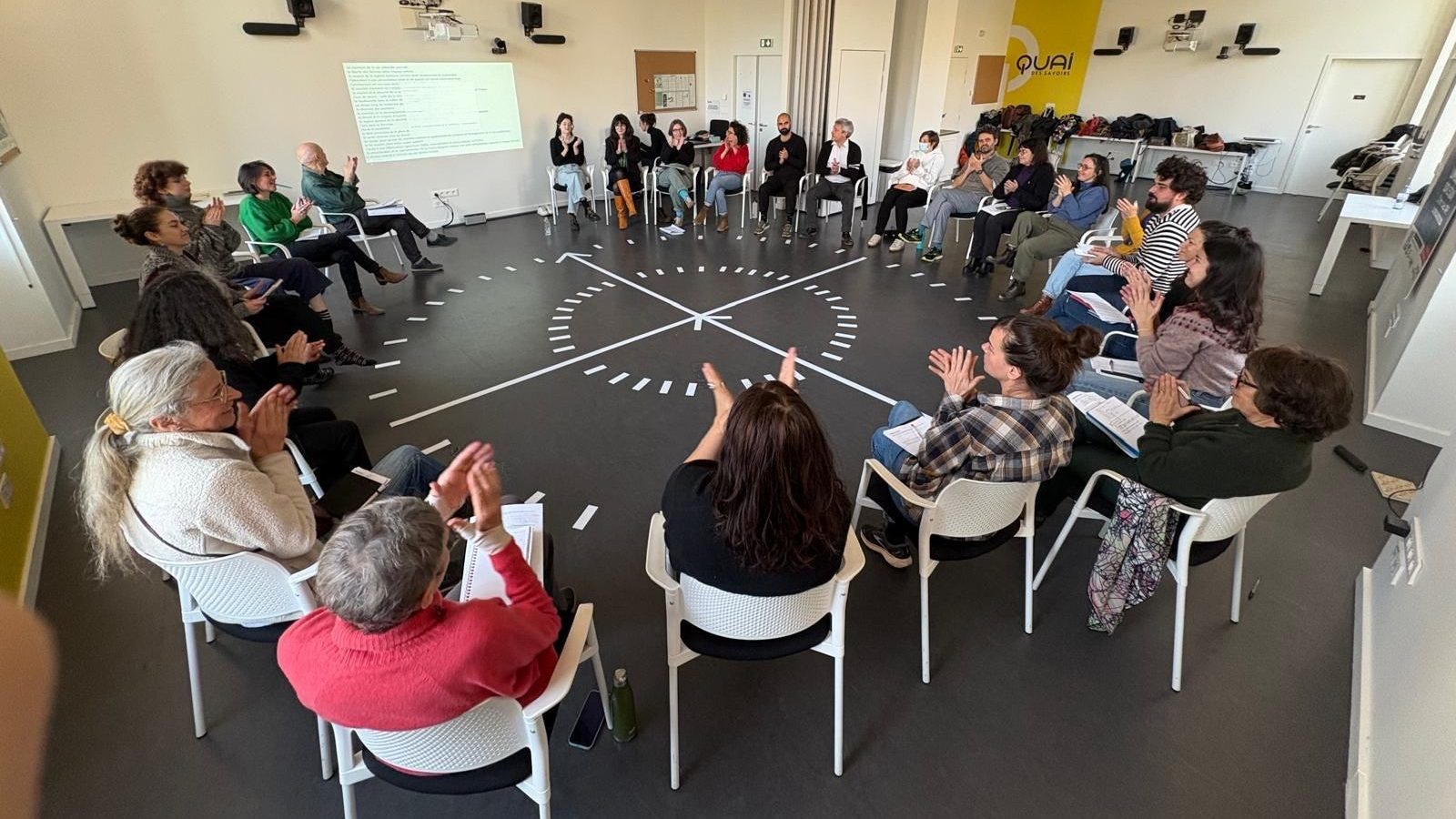
Steps
1. SURVEY THE TERRITORY
“What do you depend on to survive? What do you value and what is threatened ?”
Residents, agents and elected representatives conduct the survey based on the concerns of the territory, also known as “concernements”, which they define from their lived experience: what they value, what is threatened with disappearance and for which they would be ready to act. These field surveys, conducted through a scrupulous process of description, are the indispensable key to renewing the notion of territory as “terrain de vie” and taking action.
2. INCREASE THE POWER OF COLLECTIVE ACTION
“ Whom are you ready to ally with to take action and maintain your living conditions?”
Using a compass and several mapping tools, residents, agents and elected representatives identify allies and create collectives of shared interests around the concerns of their living areas, in order to take action. Some concerns are resolved through collective action, while others feed into projects to transform the area and public action.
3. REVITALIZING THE POLITICAL CIRCLE
“Who can you turn to when it comes to co-constructing public action?”
The experimentation enables us to use our survey work to make ourselves heard in a different way by administrations and institutions. Residents, agents and elected representatives each play a role in the political circle, participating together in the co-construction and transformation of public action. This revitalization of the democratic process renews relations between members of civil society, the research community and government departments.
Project initiators
The arts-sciences collective Rivage and theToulouse Jean Jaurès University are piloting the “Where do we land?” experiment in Toulouse, bringing together artists from the Collectif Rivage, scientists coordinated by Aline Wiame and a group of 22 citizens from Toulouse-Métropole.
These citizen-experts investigate the subsistence conditions of the territory on which they depend. The workshops draw on artistic practices and research-creation, as well as investigative methods derived from the work of Bruno Latour (actor-network theory, ecological philosophy), pragmatist philosophy and ecological humanities. Their aim is to bring together the arts, sciences and digital design to overcome the dismay caused by the challenge of ecological transition, and to renew our ability to feel, listen, act and compose a shared world in order to maintain the habitability of our living territories.
The Quai des Savoirs, committed to sharing knowledge with the aim of “crossing arts and sciences to build the future together”, has joined forces with these actors, under a partnership agreement.
It takes part in the conception of the research-action-creation project and supports its implementation through to its valorization. In particular, it contributes to opening up the project to local players and to the city’s priority districts, with which it already works on a daily basis, with the aim of creating territorial synergies.
The launch of the citizen surveys took place at the Quai des Savoirs on October 12, 2024 from 11am to 6pm. Workshops, planned as part of the 2024-25 journey are scheduled at Quai des Savoirs on the following dates:
- Saturday, November 23, 2024 from 10:30 a.m. to 5:30 p.m.
- Saturday, January 18, 2025 from 10:30 a.m. to 5:30 p.m.
- Saturday, March 15, 2025 from 10:30 a.m. to 5:30 p.m.
- Saturday, April 5, 2025 from 10:30 a.m. to 5:30 p.m.
- Saturday, May 24, 2025 from 10:30 a.m. to 5:30 p.m.
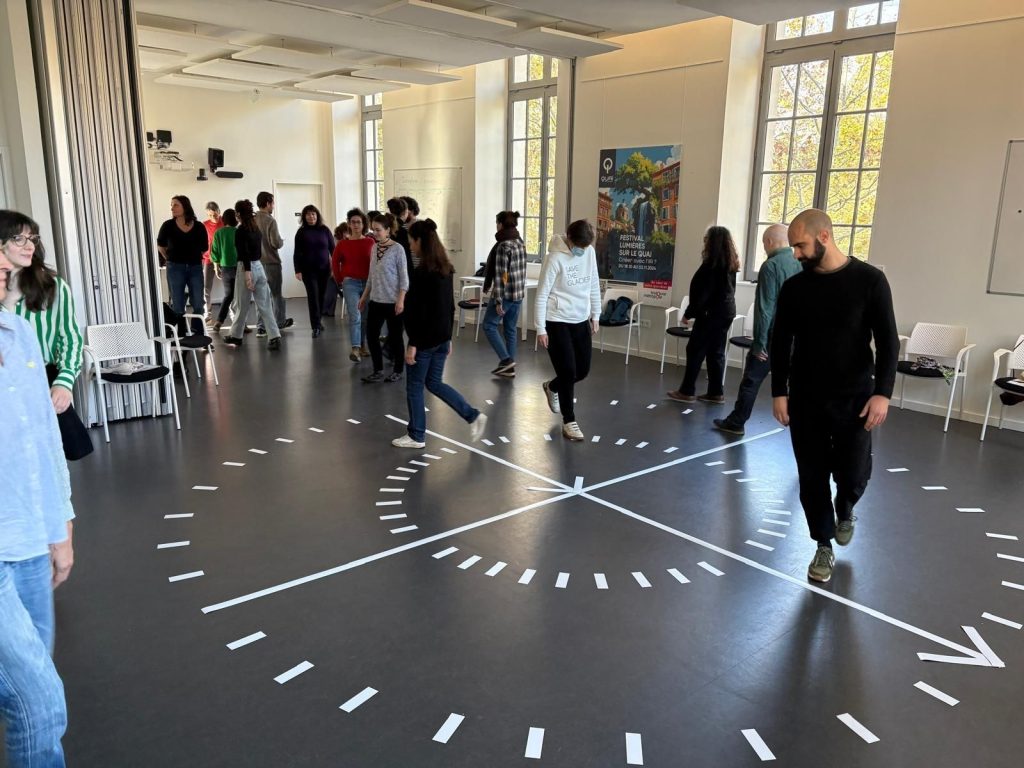
The Rivage Collective
Since 2021, the Rivage Collective has been bringing together artists and scientists to carry out projects set to transform territories.
A member of the Maison de la Nature et de l’Environnement in Bordeaux, the Collectif is co-directed by Maëliss Le Bricon and Loïc Chabrier.
The board of the 1901 association is headed by Gilles Garcia and Julie Chabaud, and includes: Sévérine Lefèvre, choreographer and dancer; Aline Wiame, philosopher in arts and ecology, lecturer at the University of Toulouse; Anne Rumin, PhD in political theory and Pascale Bosboeuf, PhD in adaptation to climate change.
This experiment is funded by the University of Toulouse as part of the TIRIS “Co-research with Society 2025” initiative, by the Agence Nationale de la Recherche and the Institut Universitaire de France, in partnership with Quai des Savoirs and ERRAPHIS of Université Jean Jaurès 2.
More information
- ouatterrir.toulouse@gmail.com
- 07 62 88 88 56 / 06 48 60 71 62
